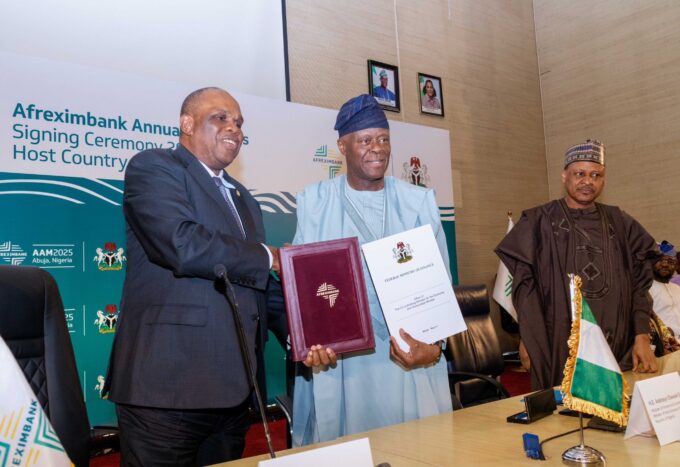By FBNQuest Research
Gross official reserves declined by US$50m in June to US$45.07bn. We suspect that this modest decline was driven by a slowdown in inflows from foreign portfolio investors (FPIs) on the investors’ and exporters’ window (NAFEX): these amounted to US$1.10bn in the four weeks of June, compared with US$1.34bn in the previous month.
In the weeks ahead, we should track the monetary policy of the US Federal Reserve: the market had run away with itself, priced in a series of aggressive rate cuts and taken its eye off data releases such as nonfarm payrolls.
We also show the reserves position for South Africa and Egypt in our chart but caution that we are comparing apples with pears. The Nigerian data are gross, cover just fx and exclude swap contracts.
The SARB works with a far broader definition of the international liquidity position to include forward transactions. This measure rose by US$760m in June due to a pick-up in holdings of fx and gold.
| Official reserves (US$ bn)Sources: CBN; South African Reserve Bank (SARB); Central Bank of Egypt (CBE); FBNQuestCapital Research |
Nigeria’s stated reserves provide cover for 13.3 months of merchandise imports at 2018 levels, and 7.5 months when we add services. For Egypt and for the 2017/18 fiscal year (July-June), the comparable figures are 8.4 months and 7.2 months. Egypt has a far worse balance on goods than Nigeria but its services account is much stronger.
There are strong macro and policy similarities between the two countries. When we look at Egypt’s balance of payments (BoP) for the first nine months of the current fiscal year (July 2018=March 2019), we note: a dramatic improvement in the net trade on petroleum and natural gas to a small deficit of US$300m (from US$3.4bn in the comparable earlier period); a decline in workers’ remittances to US$18.2bn (from US$19.4bn), and a very steep fall in net portfolio investment to US$1.1bn (from US$14.9bn).














